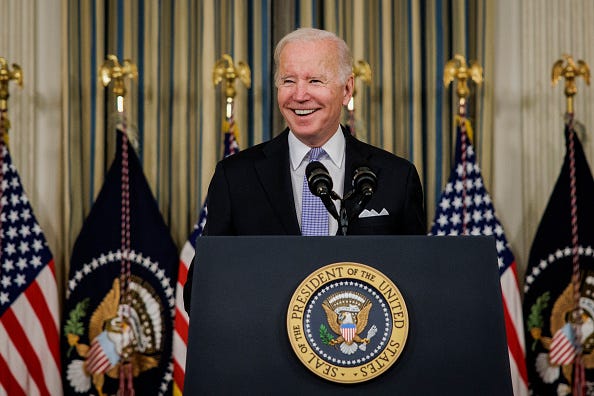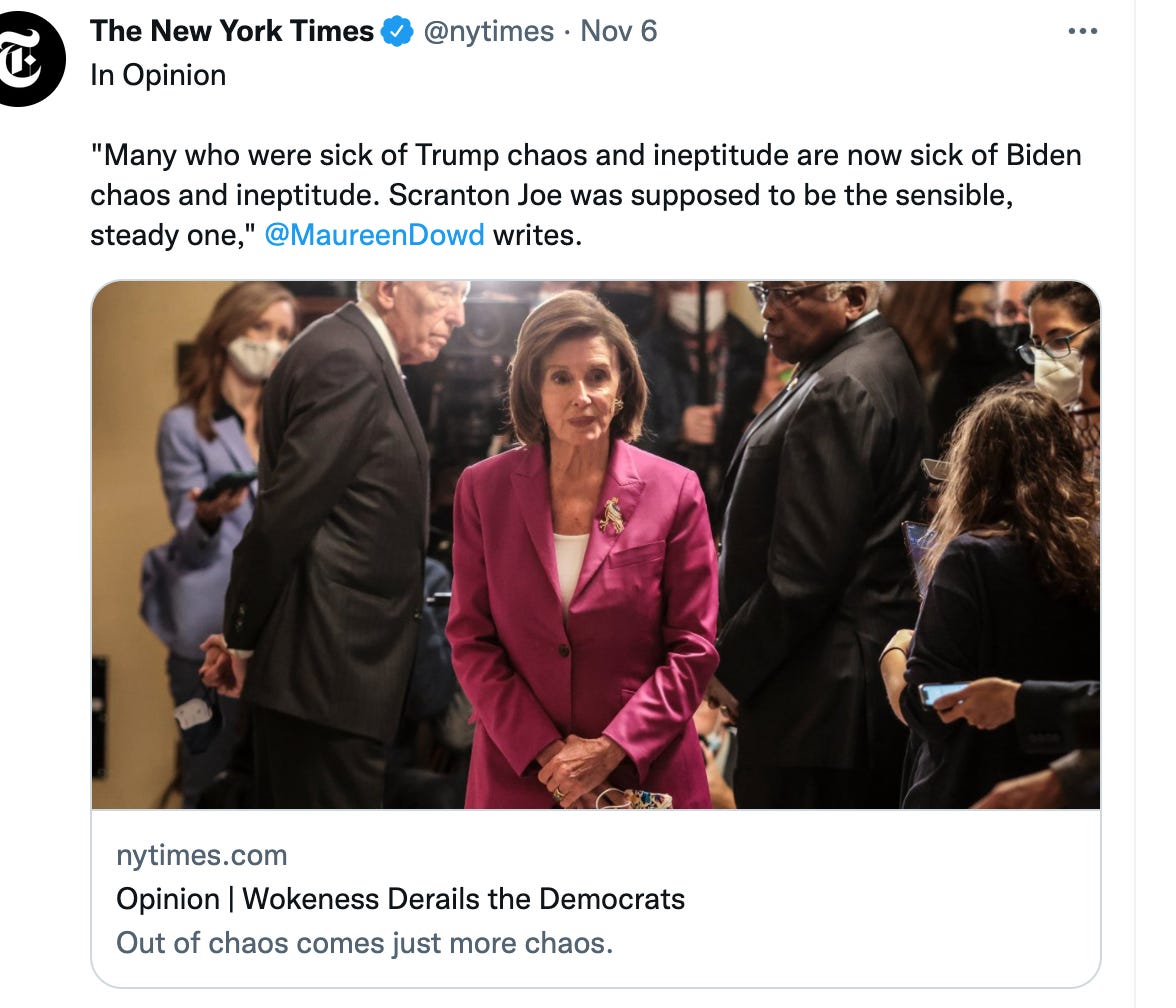Waiting for the Apocalypse: The Unnerving New Normal
A few months ago, the humorist David Sedaris wrote about his joy at feeling he no longer had to care about political news. Four years of "constant monitoring" of events, which a friend of his likened to having a second job, had left him exhausted. So "the moment that Joe Biden was sworn into office I let it all go...it's so freeing, no longer listening to political podcasts - no longer being outraged."
The Donald Trump presidency was tiring by design. The threats, the gaslighting, the dispiriting corruption, the ubiquity of his sneering face, and the fear, especially for targeted populations, at the empowerment of racism and lawlessness --all of it was intended to make us feel anxious, disgusted and hopeless about the future.
It didn't work. Sure, people were anxious and disgusted and oh-so-sick of everything Trump. But they did not lose hope. Tens of millions mobilized in the summer of 2020 to protest police brutality after the killing of George Floyd, making Black Lives Matter the largest social movement in American history. A few months later, 81 million people defied voter suppression measures and Covid risks to send Trump packing. It was the biggest turnout ever for a presidential election.
The onslaught of violence and lies that followed as Trump sought to stay in power prevented any real closure on his authoritarian presidency (and the Big Lie he cooked up relieves his followers of the burden of acknowledging his defeat). When Biden finally entered the White House, 14 days after the Jan. 6 coup attempt, the psychic need to return to "business as usual" and "let it all go," as Sedaris puts it, was high.
With his grandfatherly presence and calm demeanor, Biden was supposed to be an anchor, a sort of "holding space" that allowed us to get our bearings. Instead, the president has been a dynamo, introducing ambitious legislation that invests in climate, the social safety net, and infrastructure --measures that address problems known to erode support for democracy over time.

Not everyone has appreciated this whirlwind of activity. "Nobody elected [Biden] to be FDR, they elected him to be normal and stop the chaos," said Rep Abigail Spanberger (D-VA), who sees his progressive agendas as scaring off voters.
But these are not normal times in America. The desire for stability is understandable, but standing in place, holding a shield, is not sufficient in the current environment, as Spanberger, a former CIA operative, surely knows. Trump may be out of office, but the GOP is continuing his brand of psychological warfare, which engineers instability to bring people to the point of despair.
In times of transition, uncertainty and upheaval become the "new normal." And so it is in America. While some may take their distance from politics, others may feel the duty to engage to make people aware that democracy is ours to lose.
Keeping optimism alive means not falling for the crisis stories the Republicans churn out daily to delegitimize the Biden administration (depictions of the president as incompetent, and blaming him for global supply chain shortages, inflation, and rising crime, are gaining traction).
It means being careful not to internalize the negative framing that even centrist and liberal media outlets routinely use to depict Biden's administration as a failure —”just more chaos.” Eric Boehlert's Press Run newsletter analyzes these doomsday narratives well.
And it means doing your best to avoid becoming cynical or fatalistic. Law professor Teri Kanefield's post "Are We Too Far Gone?" on whether it is too late to save democracy (the answer is no) is useful on this issue.
Otherwise, we can fall into a perilous mindset that has manifested in threatened democracies in the past: "waiting for the apocalypse." People become so stressed and worn out by the almost-coups, the threats, and always-imminent crises that they want something, anything to happen -- however bad.
"I was wishing with all my heart that something would just break loose. You couldn't take it anymore," said Ana Maria, a Chilean Communist, soon after the 1973 coup. Living through a prior failed coup, CIA-assisted supply chain crises, bomb threats, and years of attacks on President Allende's government created a state of exhaustion and tension that many felt could not be sustained.
“We’ve got to prove democracy works," said Biden in March, acknowledging the stakes of the struggle against autocracy in America and around the world. That urges us to take action, but also to pace ourselves and keep our perspective. Our new normal may be tumultuous, but we can draw strength from our large-scale successes. We may lose some battles, but that doesn't mean we will lose the war.



From my perspective, Biden's refusal to place his political capital behind hardening democracy is as key to his falling poll numbers as the schizophrenic media coverage. Does he really believe that infrastructure packages (in the unlikely event that BBB passes the Senate) will withstand unified GOP authoritarianism? A reelected Trump will reallocate funds at will...who would stop him? I support infrastructure, but it feels as though we're redecorating the house without bothering to fix the cracked foundation. It's demoralizing the Democratic base and allowing right-leaning Independents to justify returning to the fold to vote for GOP Congressional majorities. After all, if democracy is in such jeopardy in the US, wouldn't every effort be made to protect it? Wouldn't every recess be cancelled, wouldn't we see a full court press by the White House and Democratic leadership to warn of the dangers of authoritarian rule? If the public and the media fully understood the dangers, there might be time for a reset, but I don't see this happening. We already know that SCOTUS has plans to revisit libel laws...yet the 4th estate happily focuses on VP Harris' underwhelming first year. Passing 2 infrastructure bills won't save democracy, people will cash their government checks and vote down ticket for Republicans as they did in 2020, and without democracy-hardening legislation, Democratic turnout in 2024 will be abysmal.
We are truly the weary warriors but what keeps a soldier going when exhausted and devastated? IDK yet I’m certain it comes from training and a bond of brotherhood instilled in that training. The focus and mission. Biden’s WH needs a democracy boot camp and an arsenal of willpower to keep democracy alive. First mission is to STABILIZE the Fort. SAFE AND FREE ELECTIONS. We cannot March into a battle knowing it’s a loss and causality waiting to happen.